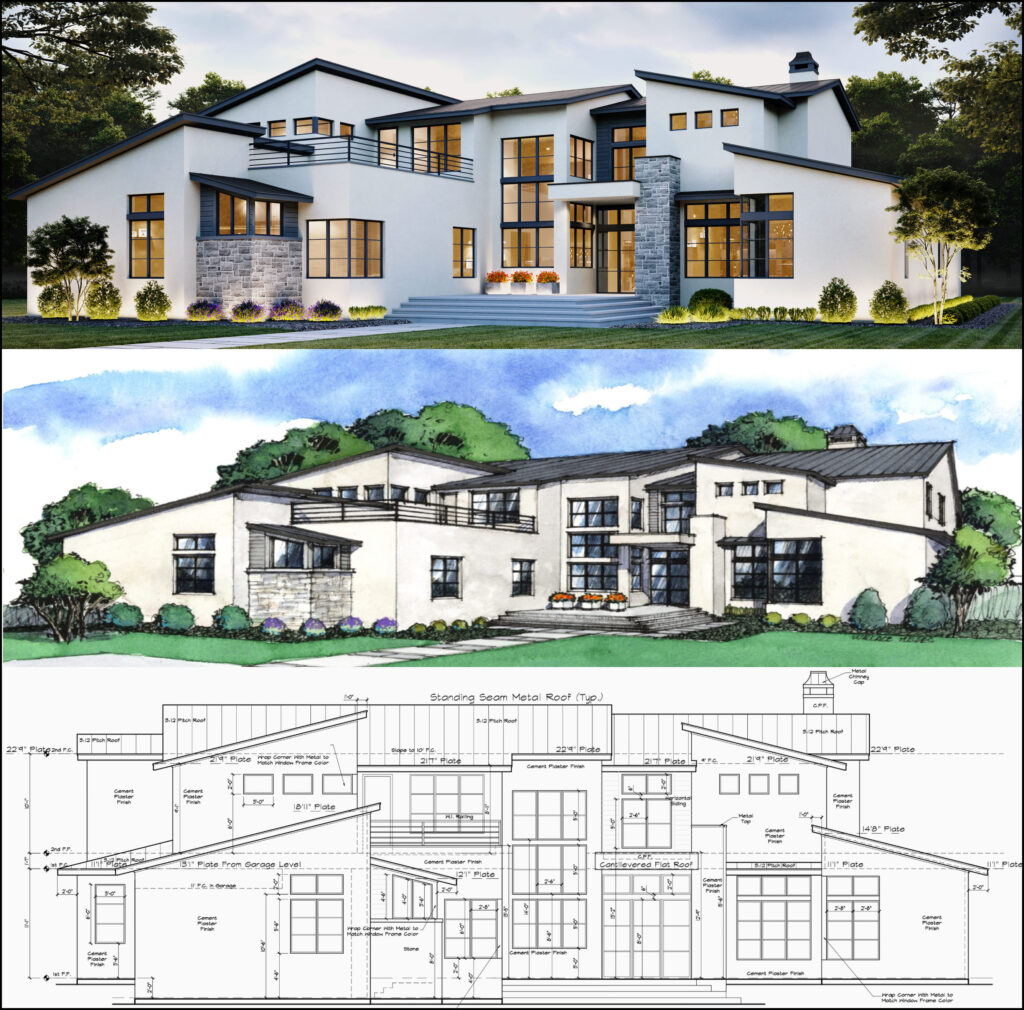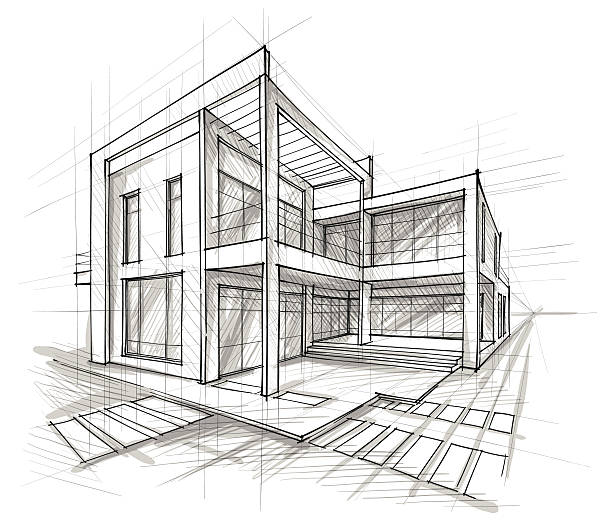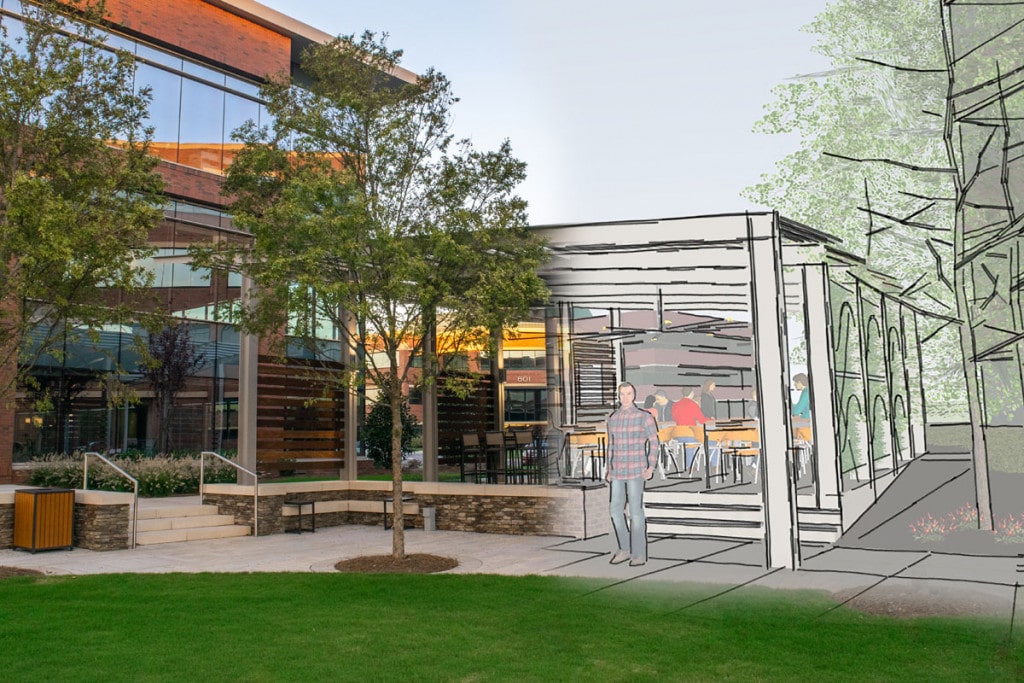Just How CDA Architects Provide Cutting-Edge Solutions for Sustainable Style
Just How CDA Architects Provide Cutting-Edge Solutions for Sustainable Style
Blog Article
The Essential Duty of an Architect in Shaping Lasting Urban Atmospheres for Future Generations
The role of an engineer in crafting sustainable urban atmospheres is increasingly pivotal in responding to the challenges of climate adjustment and urbanization. By flawlessly integrating environmental concepts into their designs, designers not just enhance the visual and functional high quality of city spaces yet also address pressing concerns such as energy effectiveness and social equity.
Recognizing Sustainable Urban Layout
Sustainable metropolitan layout integrates environmental principles with city planning to produce settings that are not only livable yet likewise resilient. This strategy highlights the importance of including natural systems into the metropolitan textile, guaranteeing that growth fulfills the needs of the present without jeopardizing the capacity of future generations to fulfill their very own needs. Key aspects of lasting city layout consist of efficient land use, the promotion of biodiversity, and the combination of environment-friendly rooms, all of which add to boosted lifestyle for locals.
Furthermore, sustainable metropolitan style focuses on the decrease of the metropolitan warmth island result, boosted air top quality, and reliable stormwater monitoring. It encourages making use of renewable resources and energy-efficient building practices, which dramatically reduced carbon impacts. Furthermore, sustainable urban design fosters social equity by creating obtainable public spaces and promoting mixed-use advancements that provide to varied populations.
Through thoughtful preparation and ingenious layout strategies, sustainable urban settings can enhance area strength versus environment adjustment while promoting financial growth. This all natural method not just addresses prompt urban difficulties yet additionally lays the foundation for healthier, much more sustainable cities for generations to find.
Key Duties of Architects
Designers play a critical role fit lasting urban atmospheres by equating style principles right into concrete structures and areas. Their obligations encompass a wide variety of activities that contribute to the total success of city style jobs.
Most importantly, engineers perform thorough site evaluations to comprehend the ecological, social, and cultural context of their jobs. This fundamental understanding informs their layout choices, making sure that structures harmonize with their environments. They also take part in collective processes with stakeholders, including city coordinators, designers, and the community, cultivating a comprehensive approach to metropolitan advancement.
Furthermore, architects are entrusted with producing designs that optimize power efficiency, resource preservation, and capability. They must comply with neighborhood zoning regulations, constructing codes, and sustainability certifications, making sure conformity while pressing the borders of development.

Cutting-edge Products and Techniques
In the search of ecologically liable design, ingenious materials and strategies have become critical components in the creation of lasting metropolitan environments. Designers are progressively making use of materials that lessen ecological effect while enhancing energy performance. For instance, recycled materials, such as redeemed timber and repurposed metals, not only lower waste but also add distinct visual top qualities to structures.
Furthermore, improvements in innovation have brought about the growth of high-performance products, such as shielded concrete forms (ICFs) and photovoltaic or pv glass, which contribute to energy conservation and harness renewable resource. next page Methods such as easy solar style and eco-friendly roofs even more exemplify how design can harmonize with all-natural systems, minimizing reliance on artificial heating & cooling.
In addition, the combination of wise products, which adapt to environmental modifications, uses appealing avenues for boosting building efficiency - cda architects. These materials can react to temperature level changes or dampness degrees, enhancing convenience and sustainability
Ultimately, the strategic option and application of cutting-edge products and methods encourage engineers to develop urban spaces that are not only practical and cosmetically pleasing but likewise resistant and eco liable, guaranteeing a lasting future for generations ahead.
Neighborhood Involvement and Collaboration
The success of innovative products and strategies in lasting metropolitan style is considerably boosted by active neighborhood engagement and partnership. Designers have to acknowledge that the built setting exceptionally influences the lives of local residents, making it critical to entail them in the design procedure. Involving the area promotes a sense of possession and responsibility, making sure that growths not just meet aesthetic and practical requirements however also reflect the worths and aspirations of those that inhabit them.

Effective neighborhood engagement also assists in prioritizing social equity within city development. By thinking about the voices of marginalized populaces, designers can produce rooms that are comprehensive and fair. By doing this, neighborhood engagement and collaboration end up being essential to accomplishing genuinely sustainable urban environments that offer the needs of current and future generations.
Future Fads in Sustainable Design

Furthermore, advancements in technology are forming future trends in lasting style. The assimilation of smart products and building systems enables real-time power management, improving effectiveness and decreasing carbon footprints. Technologies such as environment-friendly roofings, living walls, and energy-generating facades are coming to be basic practices, even more promoting eco-friendly balance within metropolitan environments.
Additionally, a shift towards biophilic layout is gaining grip, stressing the link in between nature and human well-being. By integrating natural environments, architects create spaces that foster mental health while promoting biodiversity.
Verdict
In conclusion, designers are crucial beforehand sustainable metropolitan atmospheres with their know-how in design, innovative materials, and area engagement. By prioritizing power performance and source conservation, these professionals add to the production of resilient city spaces that fulfill the demands of existing and future generations - cda architects. The assimilation of ecological concepts not just improves livability however also promotes social equity, ensuring advancements reverberate with the values and aspirations of the areas they serve
Report this page